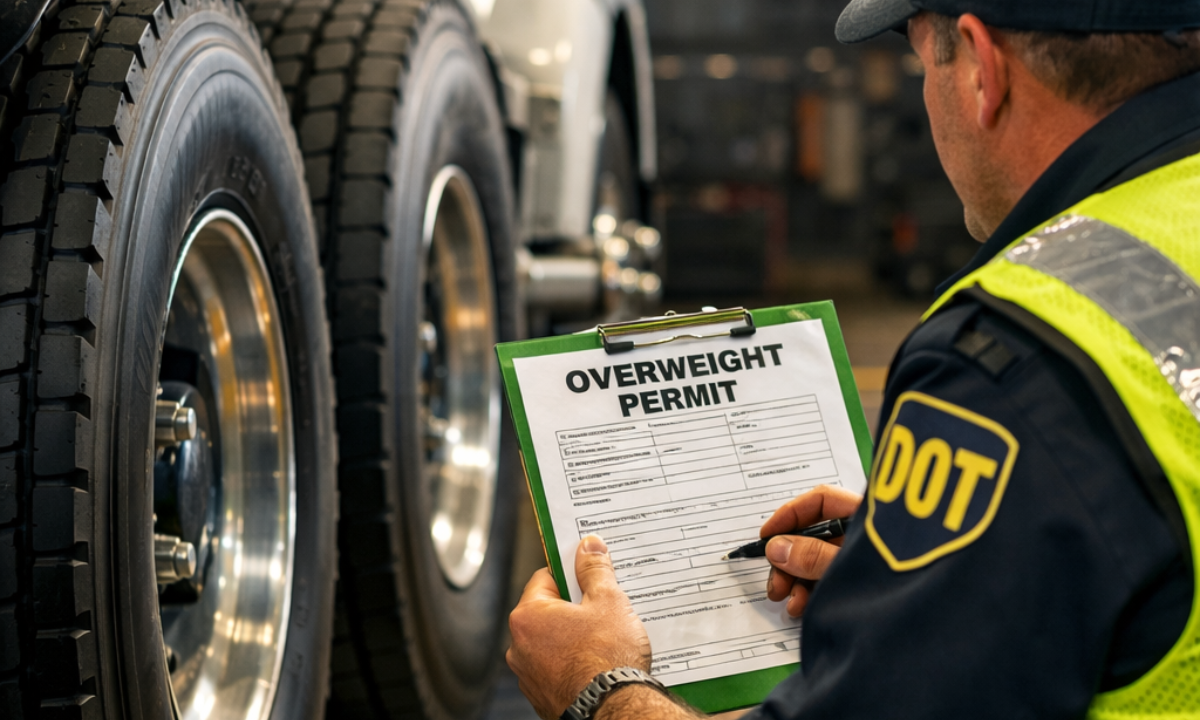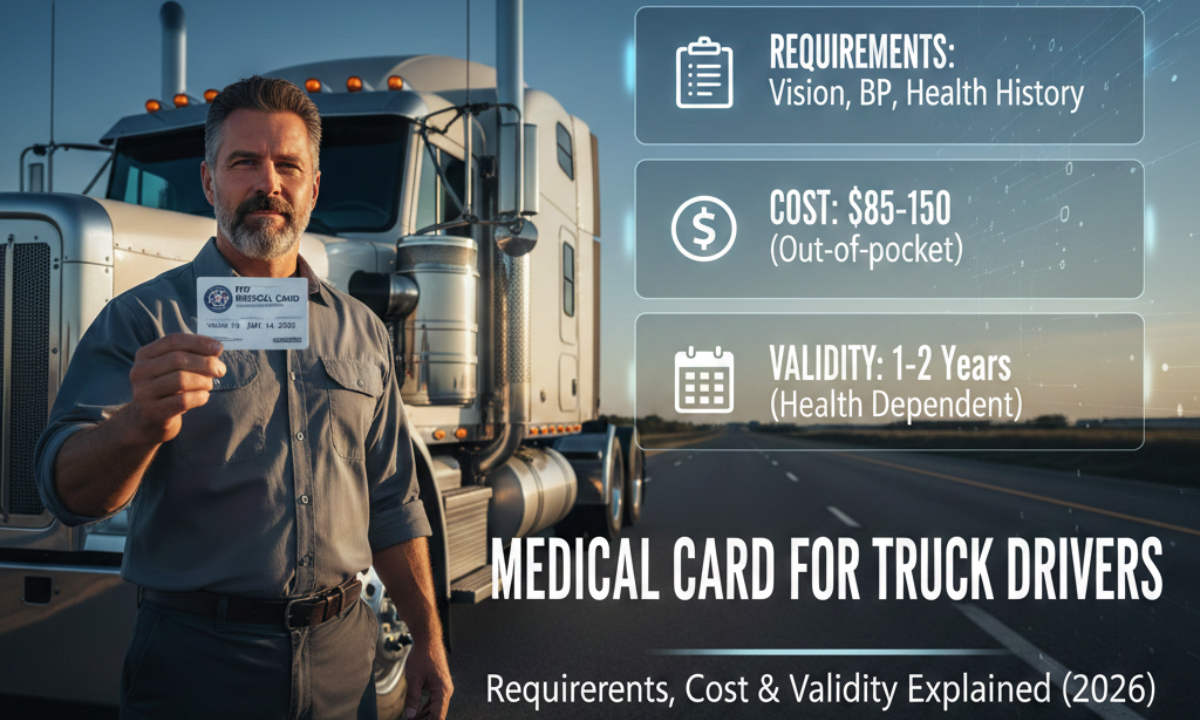What are the different types of trucking jobs (OTR, regional, local, dedicated, etc.)?
Truck Driving Jobs Explained: OTR, Regional, Local, and Dedicated
Truck driving jobs suit many different lifestyles, formulating different payment structures as well as work-life. From long-haul assignments to local deliveries, one can understand well the differences and types of trucking jobs before deciding on it. Each role – OTR (Over-the-Road), regional, local, and dedicated – offers unique benefits, responsibilities, and challenges.
Over-the-Road (OTR) Trucking: The Long-Haul Career Path
OTR trucking generally is understood as the backbone of freight logistics. Such drivers are engaged in hauling goods from one state to another by being on the road for weeks. To some extent, it caters to those who love to travel for miles, discover distant lands, and earn higher paycheck rates on a longer haul.
The main advantages of OTR trucking include:
- Potentially very high earnings because they are mileage pay.
- Varieties of freight types to haul.
- Wider experience that can open doors to specialized roles.
Cons: being away longer from family, irregular schedules, and the management of fatigue. But for the most part, it is OTR that provides the ultimate trucking experience.
Regional Trucking: The Best of Both Work and Home
Regional trucking jobs mean specific areas only, such as a group of states or a defined region within the country. Drivers fill in these roles haul shorter distances than those under OTR but farther compared to local hauls.
Benefits of regional trucking include:
- Slightly more consistent home time, which is often weekly or biweekly.
- More predictable freight lanes, making routes easier to manage.
- A better travel and stability balance.
Regional positions are enticing to those who would love an OTR without the long absence.
Local Trucking: Stay at Home
Local truck driving jobs are very well suited for those drivers who want to be home each day. Local trucking jobs generally involve moving freight within a single city or metro area, such as making store deliveries, working for distribution centers, or conveying construction material transport.
Below are the salient features of local trucking:
- Daily home time, thus family friendly.
- Stable work schedules, set start and end times.
- Less travel-inducing as compared to OTR or regional jobs.
But, local drivers may have to face high traffic within cities, narrow hours of delivery, and higher physical labour like unloading.
Dedicated Trucking: Predictability and Stability
Dedicated trucking jobs have regular routes and tend to run on the same schedule consistently for a driver. A dedicated driver takes one shipper’s freight and moves it down a very specific lane over and over again.
Reasons that dedicated truck driving is appealing to many truck drivers:
- A reliable schedule that has a guaranteed home time.
- Knowing the routes, the customers, and the facilities.
- Well-established relations with shippers, more often than not leads to job security.
Offered dedicated routes, a limited variety, but they certainly offer unmatched consistency and stability in trucking.
Specialized Trucking Opportunities
On top of that, there are some types of non-standard trucking jobs such as tankers, flatbed trucking, reefer loads, and hazardous material hauling. Although these require special certifications, they all tend to pay better for specialized niches.
Choosing the Best Trucking Job
The finest trucking job would naturally differ from one individual to the next depending on their life-oriented goals, income expectations as well as personal preferences. People who love adventure and mileage pay would probably fit into the OTR, while those who want more house time would be more interested in local or dedicated. Regional trucking has been by many cited as the best middle ground.
Disclaimer: The information provided in this blog post is for general informational purposes only. While we strive to keep the content accurate and up to date, we do not guarantee its completeness, reliability, or accuracy. Any actions you take based on this information are strictly at your own risk. We are not responsible for any losses, damages, or inconveniences that may arise from the use of this blog.












